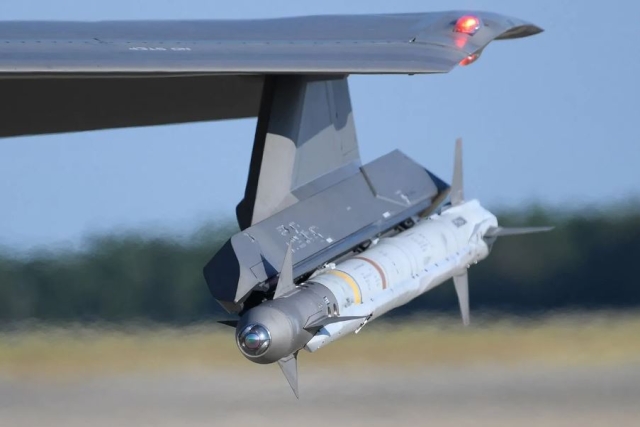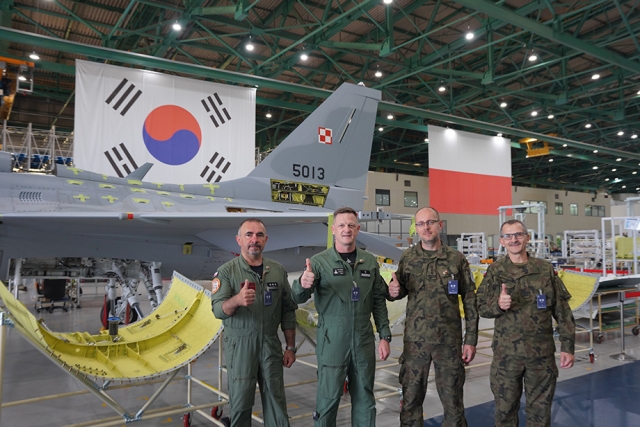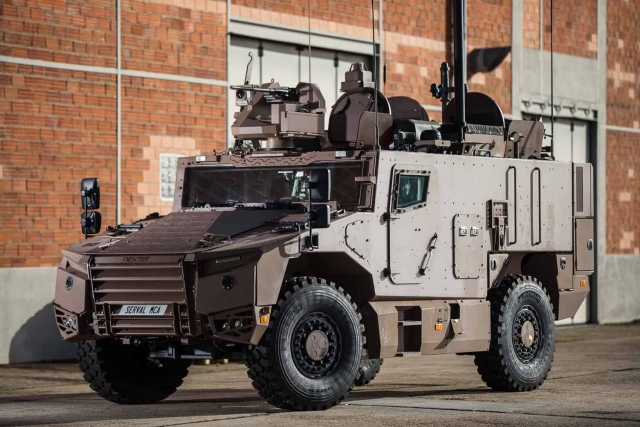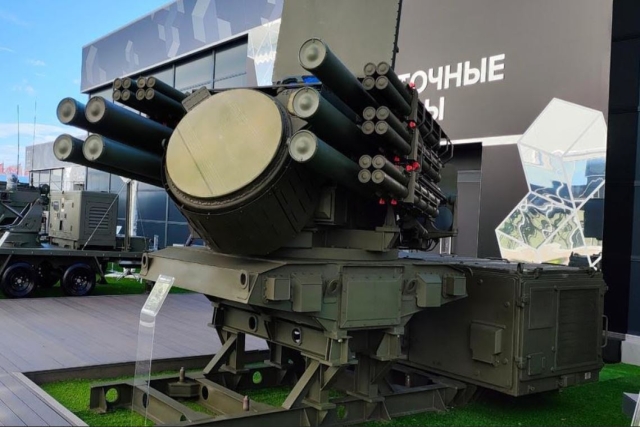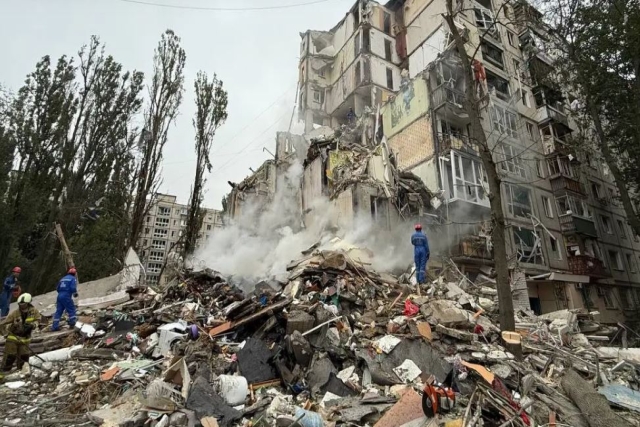Poland Seals Major K2 Tank Deal with South Korea, Local Assembly to Begin by 2026
Multi-billion dollar agreement covers 180 tanks, support vehicles, full tech transfer, and re-establishes armored production in Poland
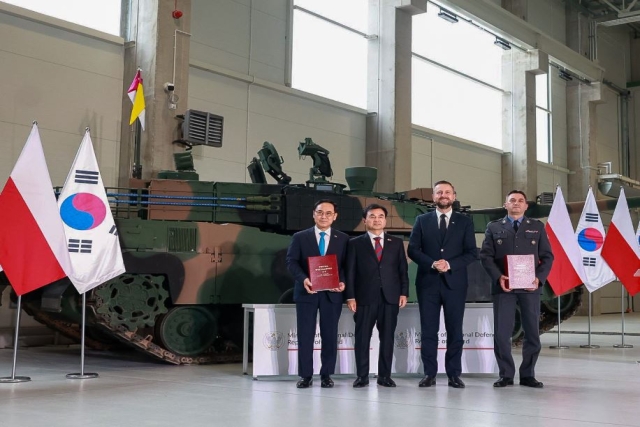
Poland has signed an arms deal with South Korea’s Hyundai Rotem Company for the delivery and local production of 180 K2 main battle tanks.
At a ceremony in Gliwice on August 1, Deputy Prime Minister and Defense Minister Władysław Kosiniak-Kamysz and Secretary of State Paweł Bejda confirmed the deal, which includes the first K2 tanks in a new Polish variant—K2PL.
“This isn’t just about buying tanks. It’s about building competence, transferring technology, and stimulating the Polish economy,” Kosiniak-Kamysz said. “We are rebuilding an arms industry that serves the entire country.”
The contract spans the delivery of 116 K2GF tanks between 2026 and 2027 and 64 K2PL tanks between 2028 and 2030. Of these, 61 will be assembled in Poland using local components at Bumar-Łabędy in Gliwice.
Technology transfer is central. Hyundai Rotem will equip Bumar with tools and production lines for final assembly, training, and long-term maintenance.
Bejda described the contract as “the best-negotiated deal possible,” noting that it restores Poland’s ability to build and service its own tanks. “We’re putting back on its feet what was turned upside down,” he said.
K2PL tanks will feature additional armor, active protection systems, and anti-drone defenses, based on operational feedback from earlier K2GF models.
Support platforms are also included: 31 recovery vehicles, 25 engineering variants, and 25 mobile bridges—all based on the K2 chassis. Deliveries of these support units will run from 2029 to 2031.
The agreement provides a full logistics and training package—spare parts, maintenance gear, embedded simulators, and instruction for crews and technicians. Ammunition supply is also part of the deal.
“This is about long-term capability,” Bejda said. “Only a third of a tank’s cost is in its purchase—the rest is operation, modernization, and servicing. And that’s exactly what we’re gaining.”
Companies under the Polish Armaments Group, including OBRUM and Bumar-Łabędy, will lead design, assembly, and integration.
The agreement, negotiated over months, sets the stage for full-scale armored vehicle production in Poland by 2028, with the aim of making the country a regional defense manufacturing hub.

